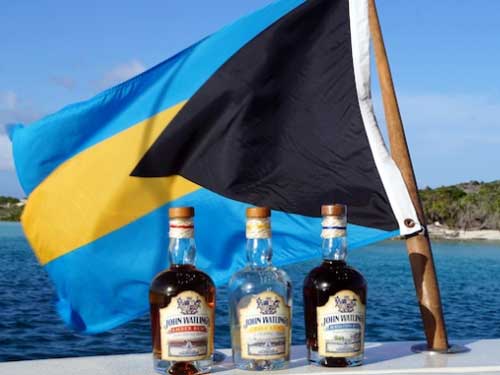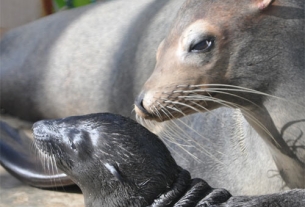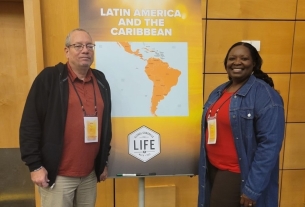 The Bahamas was one of the centres of rum running during prohibition — and often a drinking destination in its own right during the same period.
The Bahamas was one of the centres of rum running during prohibition — and often a drinking destination in its own right during the same period.
And rum has always been the most popular drink in the 700-island archipelago.
But when it comes to producing rums, it’s been a different story — few rums, and no sipping rums of world-class quality (although we have a soft spot for Ron Ricardo, which is perfect in a Goombay Smash).
That’s no longer the case, though, thanks to a new rum company called John Watling’s, led by five founding members: Pepin and Leon Argamasilla, Jose and Mario Portuondo and Guillermo Garcia-Lay, who are sixth-generation members of a little-known rum producing family with the last name Bacardi. (A company which produced rum in the Bahamas for more than four decades, starting in 1965).
John Watling’s, named after the 17th century pirate, worked with a host of government agencies to help refurbish the Estate, along with the construction of a 10,000-square-foot barrel aging and production facility.
That process took more than a year, but now the 18th century estate (which even made a cameo in the James Bond film “Casino Royale”) is home to what the company is boldly calling the ”official rum of the Bahamas.”
So is it up to the challenge?
John Watling’s produces three classes of rum: pale, amber and Buena Vista.
We were lucky enough to get our hands on the middle rum, the amber, which, like the others, is coconut charcoal filtered and includes a section of Sisal Plait woven by hand in South Andros and Cat Island.
The rum is aged in oak barrels for up to three years and then blended.
The amber rum has a light amber colour, and a subtle aroma of molasses.
The flavour profile is dominated by caramel, coconut and, uniquely, a kind of vanilla wafer flavour. The rum has a very smooth, crisp finish.
The verdict? John Watling’s has produced a very, very solid rum. It’s not often you find a rum that actually has a unique flavour, but JW has managed to do just that. We can’t wait to try the Buena Vista variety.
All in all, it’s a sign that a long-quiet corner of the rum-producing world has just made a very loud statement.
Source: Caribbean Journal



